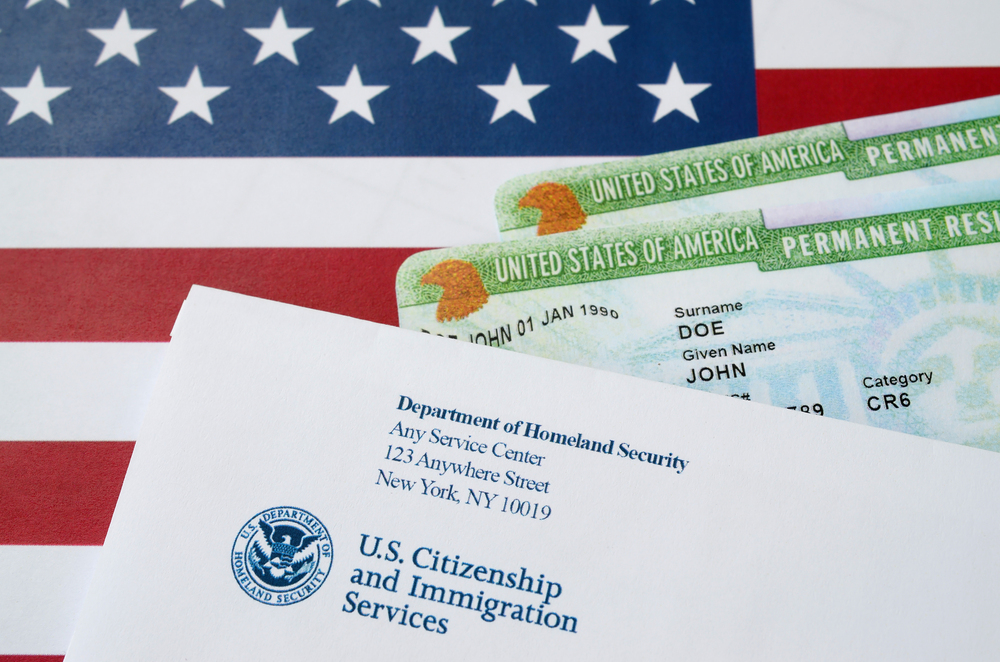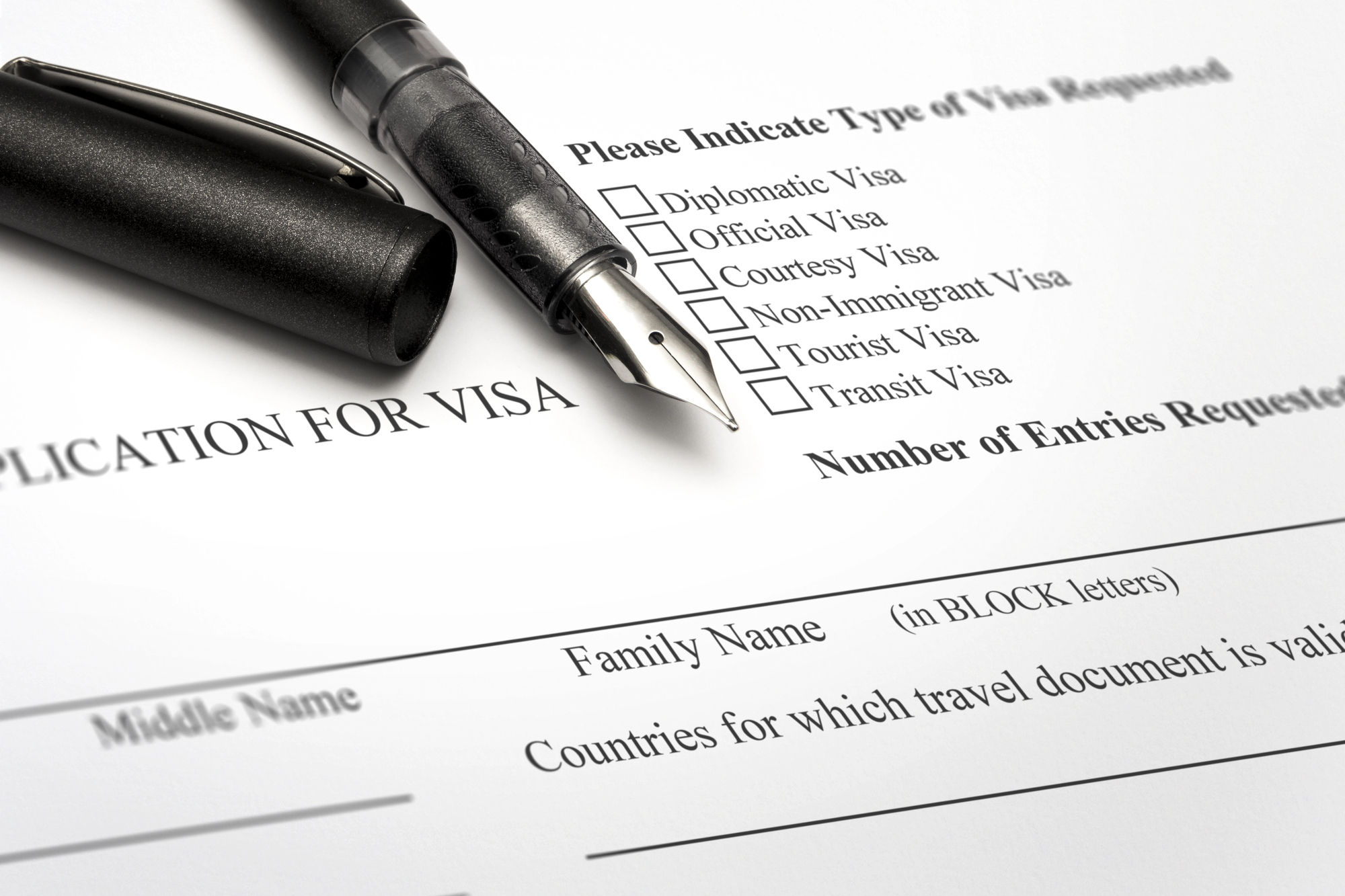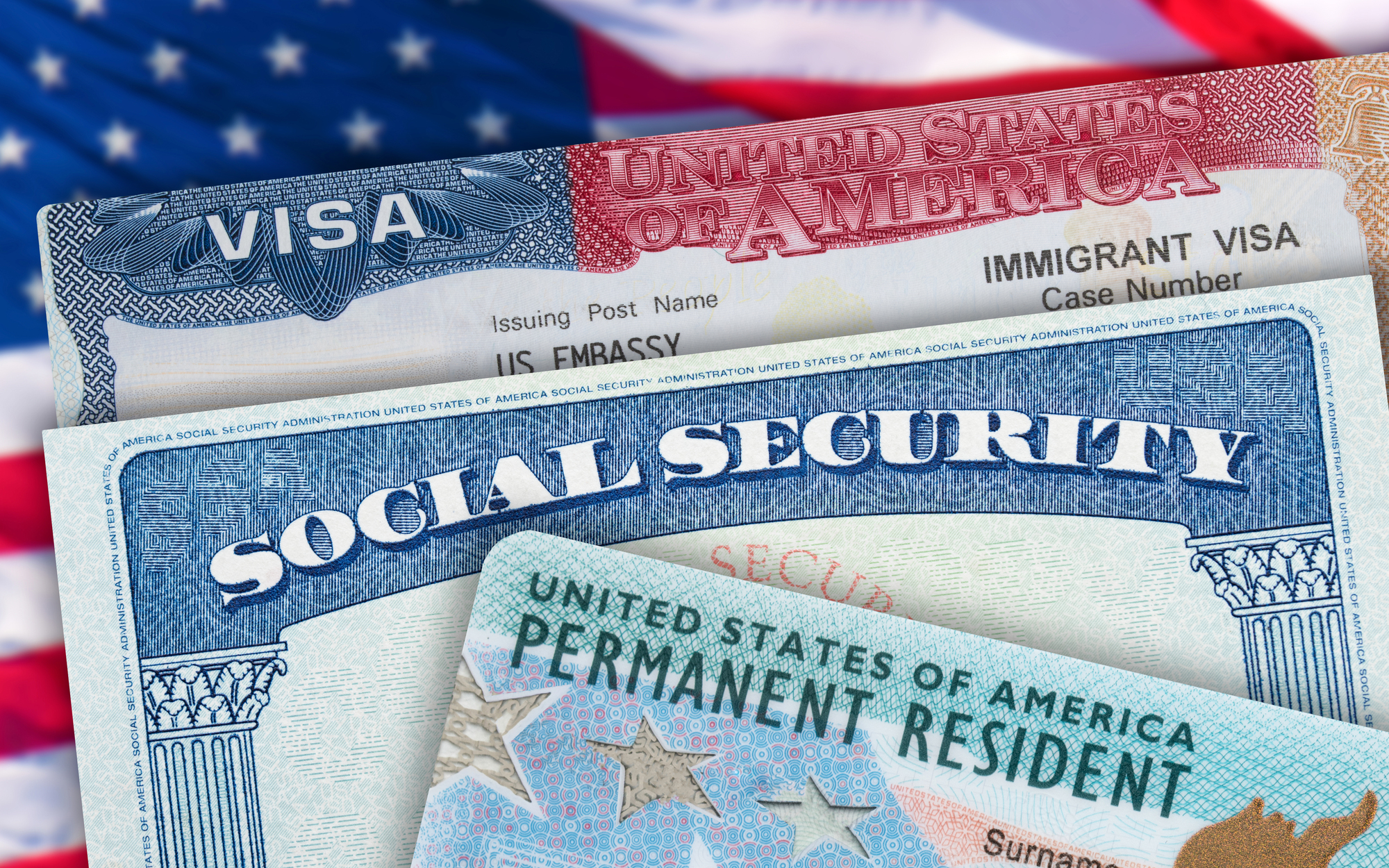We are happy to share that DACA has been restored to its totality originally established in 2017. More than one million young immigrants will be eligible to apply for the DACA program. Now more than ever you need an immigration attorney by your side! While we celebrate the great news shared today, it is imperative that we begin the process now!
Please note that the physical presence requirements still demand that you show that you have been in the US since 2007. That means there we must submit 13 years of proof of physical presence rather which is double what we were providing back in 2012 so you may see an increase in attorney fees. Requirements for DACA and Advance Parole, below:
To be eligible for deferred action under the DACA program, you must:
- Have come to the United States before your sixteenth birthday.
- Have lived continuously in the U.S. since June 15, 2007.
- Have been present in the U.S. on June 15, 2012, and on every day since August 15, 2012.
- Not have a lawful immigration status on June 15, 2012. To meet this requirement, (1) you must have entered the U.S. without papers before June 15, 2012, or, if you entered lawfully, your lawful immigration status must have expired before June 15, 2012; and (2) you must not have a lawful immigration status at the time you apply for DACA.
- Be at least 15 years old at the time you apply for DACA. If you are currently in deportation proceedings, have a voluntary departure order, or have a deportation order, and are not in immigration detention, you may apply for DACA even if you are not yet 15 years old.
- Have graduated or obtained a certificate of completion from high school, have obtained a general education development (GED) certificate, be an honorably discharged veteran of the Coast Guard or U.S. armed forces, or “be in school” on the date you submit your DACA application. See below for more information about meeting the “be in school” requirement.
- Have not been convicted of a felony offense. A felony is a federal, state, or local criminal offense punishable by imprisonment for a term exceeding one year.
- Have not been convicted of a significant misdemeanor offense or three or more misdemeanor offenses. See below for more information about offenses that may disqualify you.
- Not pose a threat to national security or public safety. DHS has not defined precisely what these terms mean but has indicated that they include gang membership, participation in criminal activities, or participation in activities that threaten the U.S.
Questions?
Call Us, Text Us, Email Us!
(951) 588-9838 | [email protected] | ilohb.com
Stay Safe!




